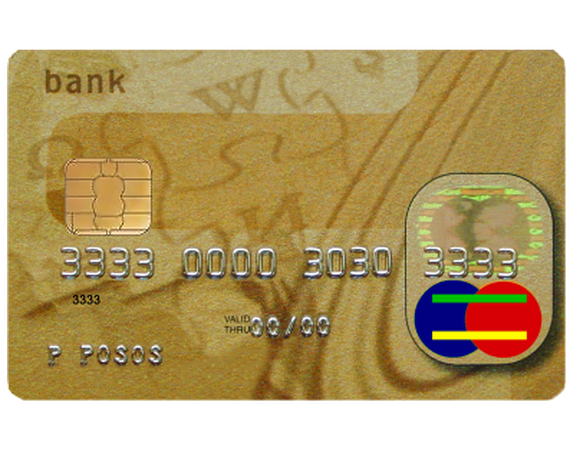
Having a good credit score is vital at a time when your credit score affects what types of credit cards you can get, what types of loans you qualify for and whether or not you can get a mortgage to buy a home. It can even affect what types of jobs you can get. And getting approved for credit isn't the only issue. Even after you're approved for credit, your score will determine how much interest you pay on loans; a low credit score could mean a loan that costs hundreds of thousands of dollars more than if the borrower had a good score.
Instructions
- 1
Open a bank account. Go to a local bank and apply for a checking and savings account if you don't already have them. Bank accounts won't directly go onto your credit report, but having established bank accounts will help you attain the other forms of credit necessary to build your credit score. Almost all credit applications ask for your banking information.
2Apply for a credit card. Start searching for credit cards that you believe will suit your needs. Major credit cards like American Express along with bank-issued Visa and Mastercards are the most difficult to get, so you should initially avoid them until you achieve a high credit score. To start out, the best cards would be store cards such as Target or Best Buy, gas cards such as Shell or Exxon Mobile or other credit-card companies that cater to individuals first establishing credit, such as Capital One or HSBC Bank. To apply for a credit card, go to the card issuer's website.
3Use your credit card to pay for routine purchases such as gas or groceries and make sure to pay the card on time every month. After about three to six months of paying the card on time each month, you should see your credit score rise. When your score goes above 650, you can then start applying for the major credit cards directly from the banks or even American Express or Discover.
4Apply for an installment loan. It's important to have a mix of different types of credit on your credit report. This will raise your score even higher. Installment loans are the types of loans people get when they purchase a car or buy a house.
5Get a co-signer. If you're having difficulty getting any of these types of credit, try again with a co-signer. A co-signer can be a family member, spouse, friend or anyone else who's willing to help you and has a good credit score. By using a co-signer, you will be applying for credit using this person's good score. As you pay on time, the positive payments will show up on your credit report and your score will rise. The only downside is that the co-signor is responsible for paying the money back if you fail to pay on time, and that will negatively affect both your credit reports.
6Apply for a secured credit card. If you're unable to attain any of these lines of credit and you're also unable to get a co-signor, you can get a secured credit card. These are issued by banks and are guaranteed by an equal deposit on your part. To get a $500 secured credit card, you first have to deposit $500 into an interest-bearing savings account designated by the bank. Because the lender has a security deposit, there is little to no risk on its part, so almost anyone can get a secured credit card to establish credit.
















